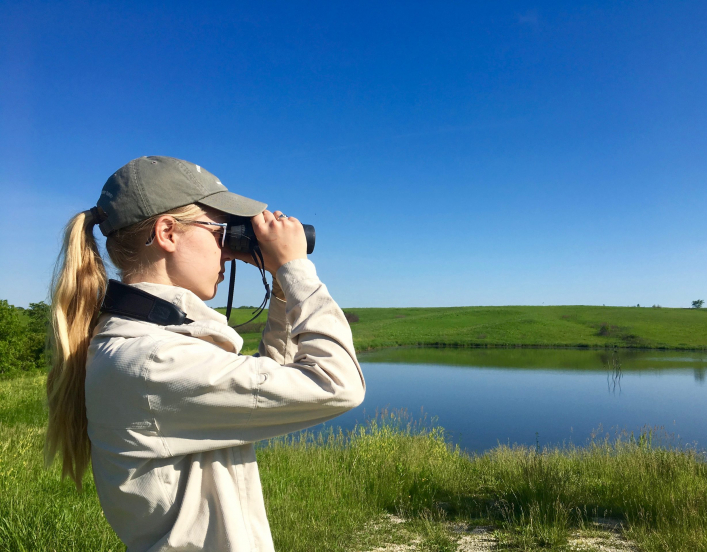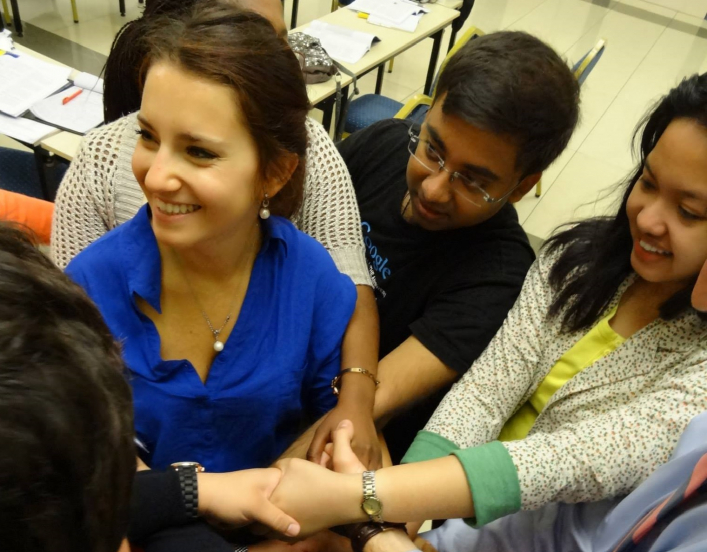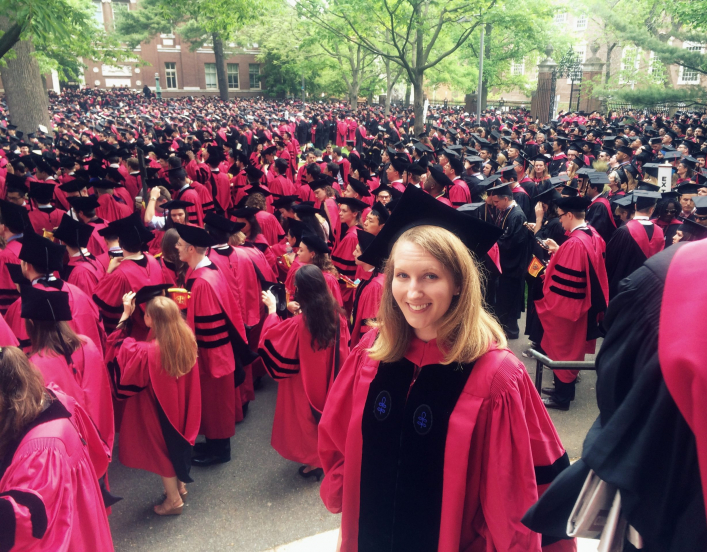Fellowships & Grants
Since 1888, AAUW has been one of the largest funders of women’s graduate education, investing in women who go on to change the world.
Funding Opportunities
Whether you’re advancing your academic journey or spearheading community programming, AAUW has fellowship and grant opportunities to support your vision. From funding academic pursuits across diverse fields to empowering K–12 STEM initiatives for girls, we’re here to help you make an impact.
Ready to see if you qualify? Review the eligibility requirements and application instructions to find the best fit for your goals!
Applications Open: August 1
Application Deadline: September 30
Not sure which option works best for you? Take this quiz and find out!
For Individuals
- American Dissertation Fellowship
- American Short-Term Research Publication Grant
- American Postdoctoral Research Leave Fellowship
- Career Development Grant
- International Fellowship (Master’s and Doctorate Degrees)
- International Project Grant
- International Postdoctoral Research Fellowship
- Selected Professions Fellowship
- Frequently Asked Questions
For Organizations
Melissa Harris-Perry on how AAUW changed her life
AAUW Fellowships and Grants empower women scholars to advance their research, careers, and leadership. With AAUW’s support, Melissa strengthened her academic path in a field where few African American women hold senior positions. Each year, we invest in women who are shaping the future.



